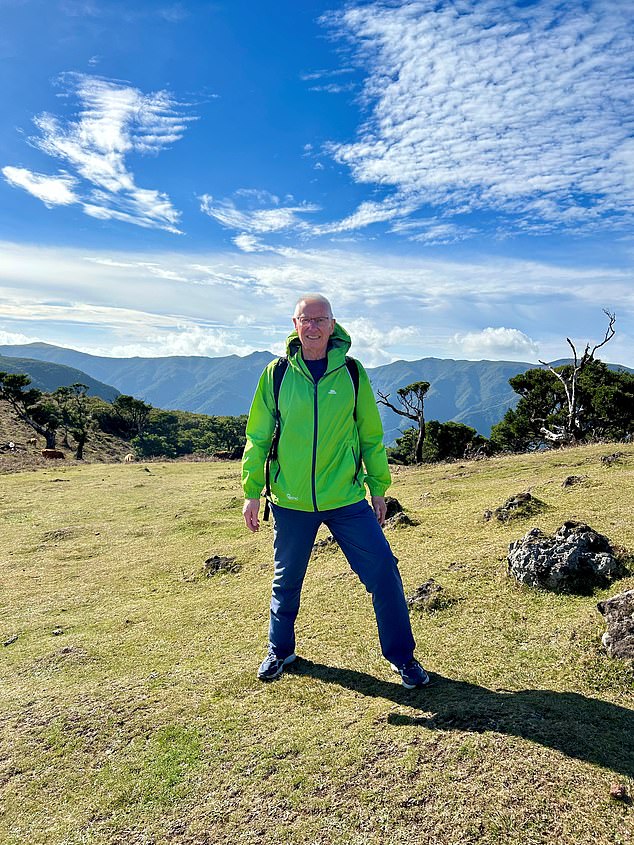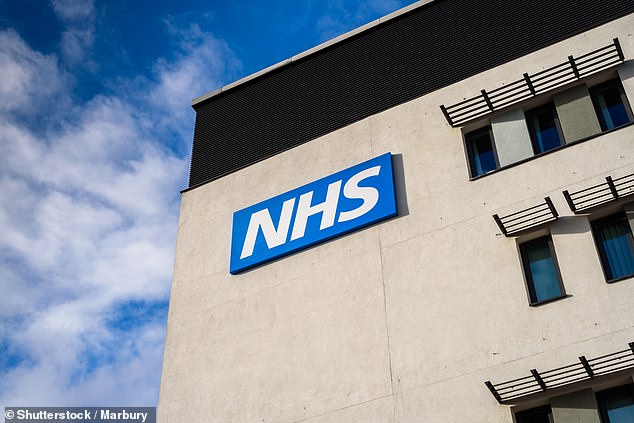A charity has claimed that the NHS is denying people with a swollen limb a revolutionary operation that could transform their lives.
The condition, called lymphedema, causes a buildup of fluid in the body’s infection-fighting lymph channels, leaving sufferers with heavy, aching arms and legs.
The operation requires complex microsurgery, using high-powered microscopes, to connect the damaged lymphatic system to veins and drain excess fluid.
Nearly nine out of 10 patients who undergo the treatment, called lymphatic venular anastomosis (LVA), see their swelling permanently disappear.
However, although lymphoedema affects around 300,000 Britons (the most common cause is cancer treatment), few can afford the procedure, which costs £15,000 on the NHS.
“Lymphoedema is a problem that has been very under-resourced,” says Karen Friett, chief executive of the charity Lymphoedema Support Network. “More investment is needed to enable people to live well with this condition, and the option to offer LVA as part of a care package for those for whom it is suitable would be welcome.”
Few of the 300,000 Britons who suffer from lymphoedema can afford the £15,000 NHS “microsurgery” procedure.
Alex Ramsden, a plastic surgeon at Oxford Lymphoedema Practice (which pioneered the surgery in the UK), agrees. “It could help a lot of people,” he says. “We need to put as much pressure as possible on the powers that be, both political and financial, to get the NHS to do it.”
Lymphedema occurs when the lymphatic system, a network of channels that carry fluid around the body to fight infection, fails to drain properly. A family history of the condition can increase your chances of developing it, as can an infection or obesity.
During cancer surgery, parts of the lymphatic system are often removed to reduce the risk of the disease spreading. The system can also be damaged by radiation therapy, often leading to fluid buildup and swelling in the arms and legs.
When this happens, it can be uncomfortable to wear clothes, watches and jewellery, and it can restrict patients’ movement, which may lead to them needing to be admitted to hospital.
Most NHS lymphoedema patients receive decongestive therapy (including exercise, massage and compression bandages) to reduce the severity of the condition. However, it is not a cure.
The LVA procedure is performed by stitching the blocked section of the lymphatic system to a vein under a high-powered microscope. The stitches are one-fifth the size of a human hair and are used to limit the amount of fluid that ends up in the veins.
It is effective for 85 per cent of patients and last April the NHS spending watchdog NICE concluded that it has “the potential to improve a person’s quality of life and may have other benefits such as reduced hospitalisation”.
However, due to its prohibitive cost, it is currently only offered to NHS patients at risk of lymphoedema following breast cancer surgery or as part of research trials.

Fred Rogers, 76, from Birmingham, a keen walker, received the treatment when he developed lymphoedema in his ankles six months after prostate cancer surgery.
Not all patients with lymphedema can undergo LVA: the intensive procedure is considered too risky for elderly or seriously ill patients.
However, experts say NHS patients who are eligible should be offered the procedure if they do not respond to existing treatments.
“LVA modifies the underlying physiology of the disease,” Ramsden said. “It is a large initial investment for the NHS, but it provides a long-term benefit and allows people to get on with their lives.”
Fred Rogers, 76, from Birmingham, a keen hill walker, received the treatment when he developed lymphoedema in his ankles six months after prostate cancer surgery in 2022.
He says decongestive lymphatic therapy had little effect, but after his eight-hour LVA procedure in February last year, he says: “It was brilliant surgery. I can honestly say it changed my life.”

